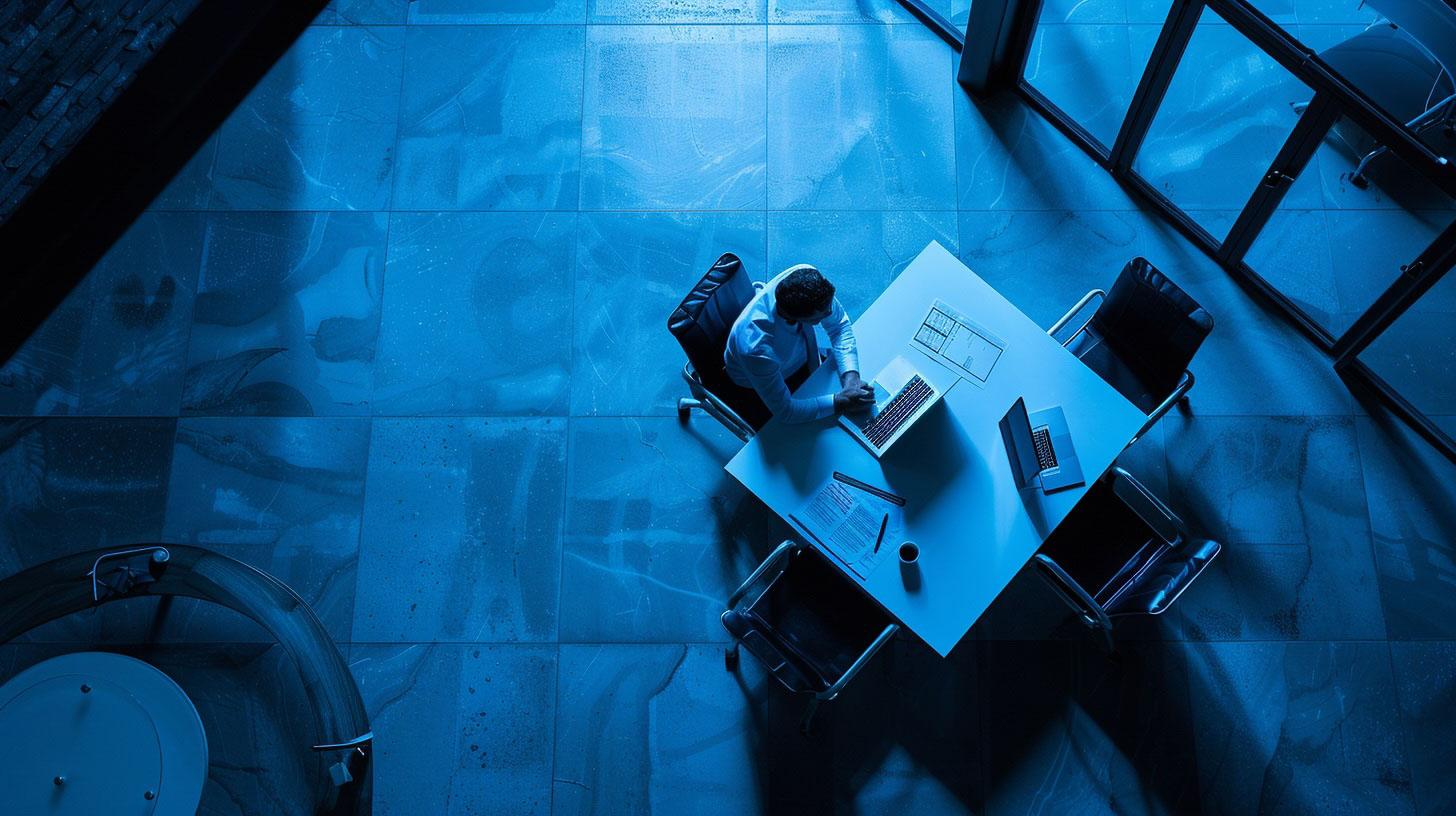Mozambique, known for its rich natural resources and vibrant culture, is becoming increasingly significant on the global economic stage. As it opens its doors to more international trade and investment, the importance of intellectual property (IP) protection in the country has become ever more critical. This article explores the current state of intellectual property protection in Mozambique and its implications for businesses and economic development in the region.
Legal Framework
The legal framework for IP in Mozambique is anchored primarily by the Industrial Property Code, which came into effect in 2016. This code is complemented by other legal instruments addressing various aspects of intellectual property rights, such as copyrights and related rights. The country is a member of the World Intellectual Property Organization (WIPO) and a signatory to several international IP treaties and agreements, including the Paris Convention for the Protection of Industrial Property and the Berne Convention for the Protection of Literary and Artistic Works.
Types of Intellectual Property Protection
Mozambique provides legal mechanisms to protect different types of intellectual property. These include:
1. **Patents**: The Industrial Property Code allows inventors and businesses to secure patents for new inventions, granting exclusivity for a period of 20 years. The process involves a thorough examination to ensure the invention is novel, involves an inventive step, and has industrial applicability.
2. **Trademarks**: Trademark protection in Mozambique can be secured, providing businesses the exclusive rights to use distinctive signs, logos, or symbols that distinguish their goods or services from others. Registrations are valid for ten years and can be renewed indefinitely.
3. **Copyrights**: The Copyright Law in Mozambique protects the rights of creators over their literary and artistic works. This includes protection against unauthorized use, reproduction, or distribution of their creations.
4. **Industrial Designs and Models**: Protection is also available for the aesthetic aspects of products, such as designs and models, which can be crucial for manufacturing and fashion industries.
Challenges and Progress
Despite a robust legal framework, Mozambique faces challenges in effectively enforcing IP laws. Issues such as inadequate enforcement mechanisms, limited public awareness of IP rights, and resource constraints hinder the full realization of IP protection in the country. However, the government has shown commitment to improving IP awareness and enforcement, recognizing the importance of these measures for economic development and attracting foreign investment.
The Mozambique Institute of Industrial Property (IPI) is tasked with overseeing the administration of IP rights. It plays a vital role in processing applications, disseminating information on IP rights, and collaborating with international bodies to harmonize Mozambique’s IP regulations with global standards.
Economic and Business Environment
Mozambique’s economy is predominantly driven by agriculture, mining, and more recently, natural gas exploitation—particularly in the vast offshore reserves discovered in the Rovuma Basin. The country’s strategic location along the southeastern coast of Africa makes it a gateway for trade in the region.
While the economy continues to grow, diversification remains a challenge. Improved IP protection is seen as a way to encourage innovation and creativity, providing a more conducive environment for local entrepreneurs and attracting multinational corporations looking to invest in technology transfer and research and development.
Conclusion
As Mozambique continues its journey towards economic growth and integration into the global marketplace, intellectual property protection remains a pivotal factor. The existing legal framework provides a solid foundation, but emphasis on enforcement and public education is essential for effective IP protection. By strengthening its IP regime, Mozambique can foster a culture of innovation, enhance its competitiveness, and build a sustainable future for its economy and citizens.
Sure, here are some suggested related links that you might find useful:
African Regional Intellectual Property Organization (ARIPO)
aripo.org
World Intellectual Property Organization (WIPO)
wipo.int
Intellectual Property Office of Mozambique (IPOM)
ipi.gov.mz
World Trade Organization (WTO)
wto.org
These organizations and resources can provide valuable information and guidance on intellectual property protection, including specifics about Mozambique.
